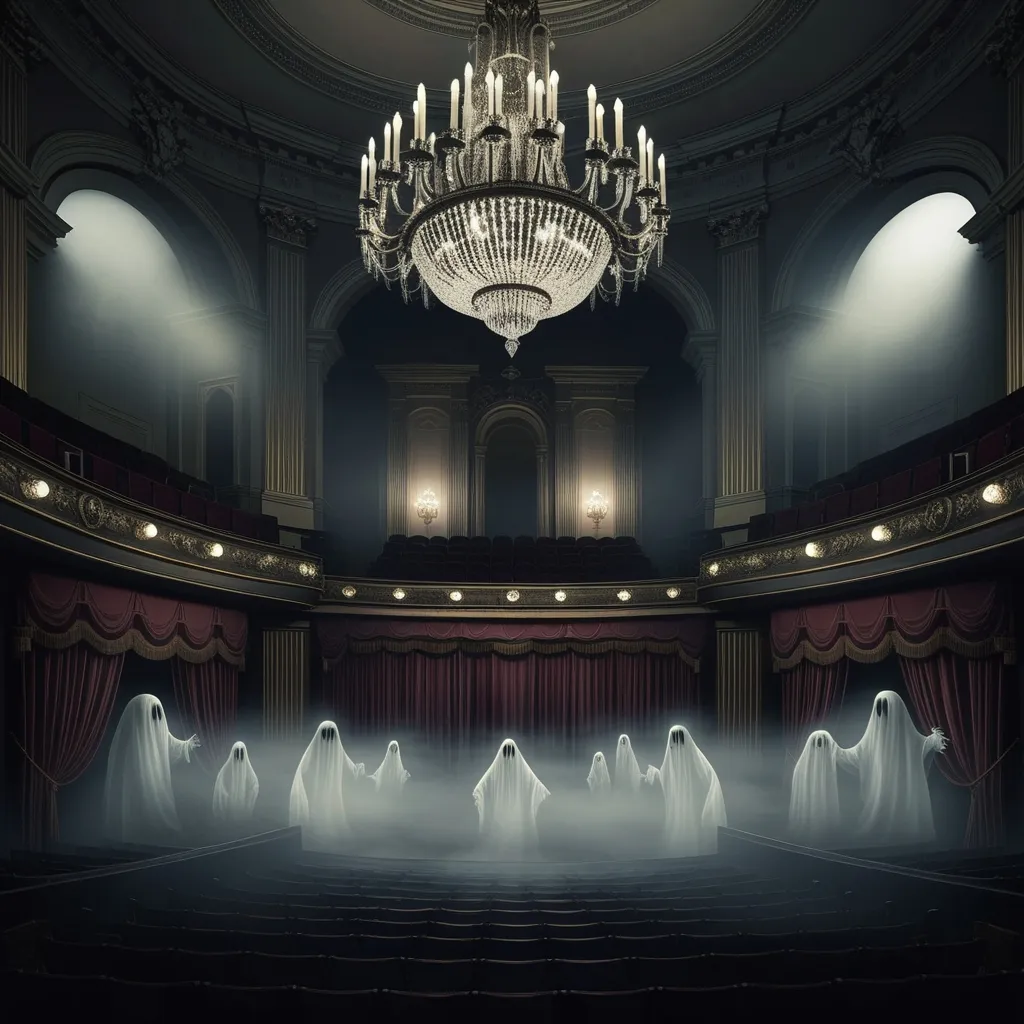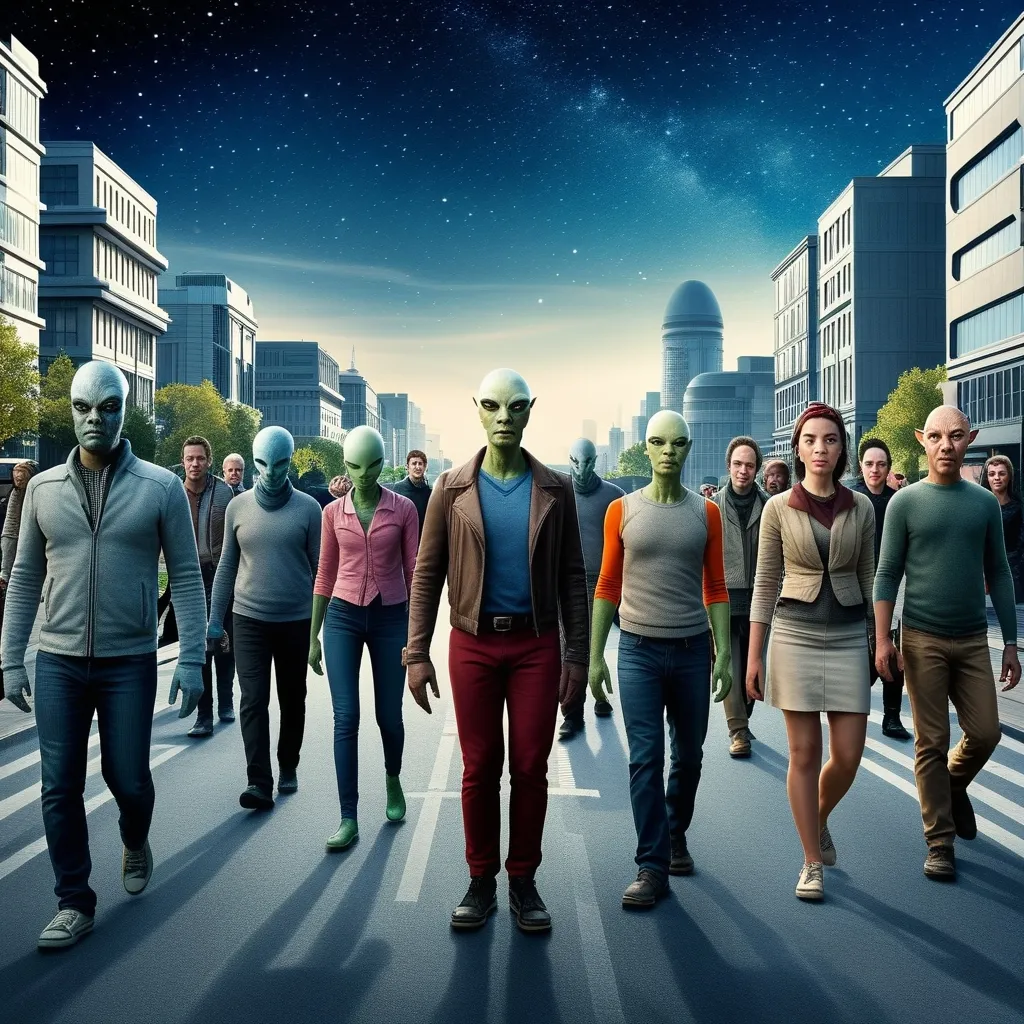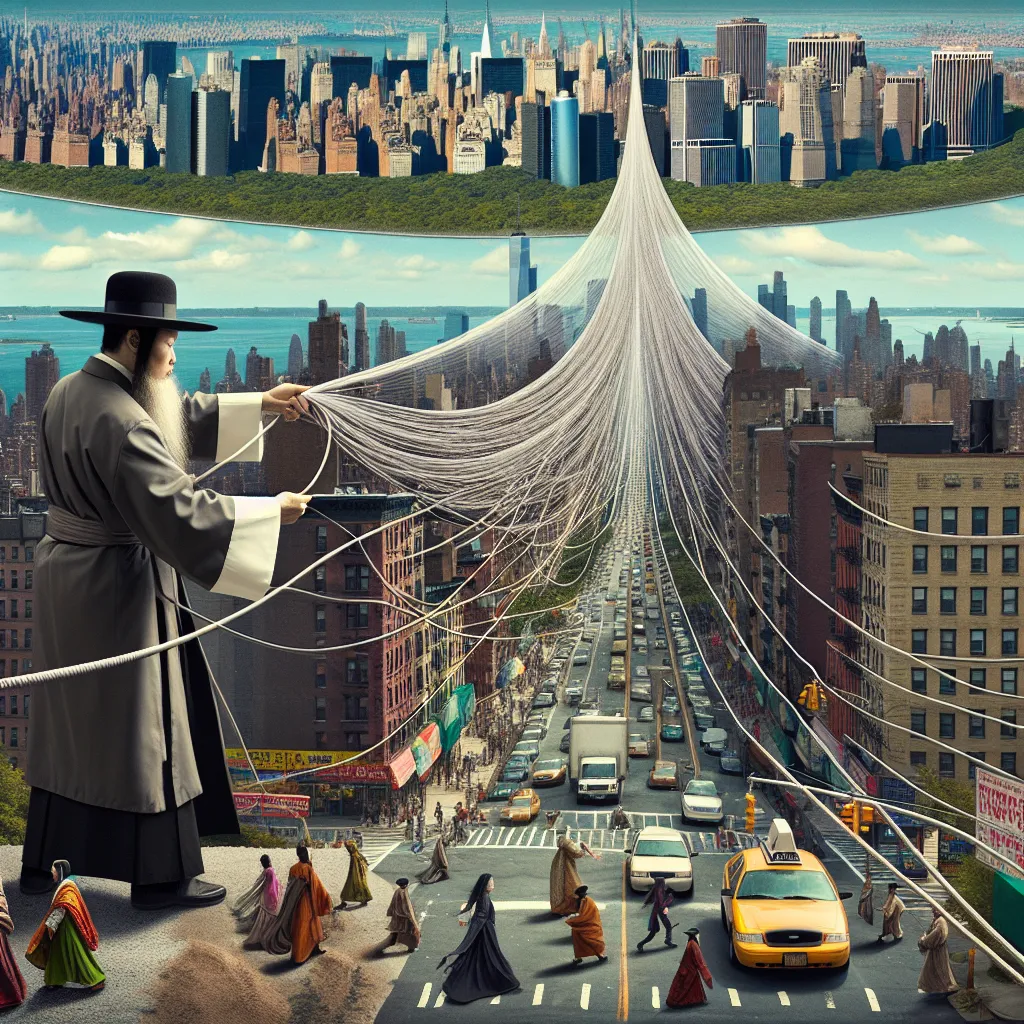Are you truly free? Do you believe you have the power to make decisions, or are you merely an NPC in the game of life, following a predetermined path? You might feel like you’ve got control, especially over small things like choosing what to eat for breakfast. But what if physics tells a different story? Maybe we’re all moving through life on fixed rails, devoid of true free will.
We all experience what we think of as free will. You chose to read this instead of doing something else, right? Free will means you are responsible for your actions, forming the basis of our moral and legal systems. The big question, though, is whether free will is even possible in the first place.
There are two main philosophical camps here. One claims that free will is fundamentally at odds with the laws of the universe. If we break it down to basics, you are made of particles – atoms and electrons that blindly follow physical laws. These laws are generally deterministic, implying everything happens due to prior states. Imagine a super-smart computer at the Big Bang predicting every particle’s future trajectory; it would mean you never truly decided anything. It was all pre-written, making you a spectator of your life rather than an active decision-maker.
Quantum mechanics throws a wrench in this, as quantum processes are random. Yet, randomness isn’t free will either – it just means things happen unpredictably, not because you chose them.
On the flip side, the free will camp argues that we can’t simplify everything to fundamental particles. Take “emergence” – the idea that new properties appear when pieces come together. For instance, individual water molecules aren’t wet, but a collection of them can make your clothes wet. Similarly, neurons in your brain collectively create consciousness and personality, things that atoms alone don’t explain.
Reality is layered, from particles to atoms to molecules to cells to organs to you. Each layer has properties that can’t be deduced by just looking at the layer below. You don’t need to know about quarks to understand politics or cells to understand human behavior.
According to this view, you do have a say at the level of your brain’s neural network. Decisions happen on your brain’s level, making you a participant, not just a witness, in the unfolding of your life’s events. Here, you influence the process, meaning you do have free will at this layer of reality.
So, is there free will? We can’t say for sure. The argument for free will seems appealing, as it respects the complexity of the universe. Even if free will isn’t real, it feels real to us, and that might be enough. As long as we feel like we’re making choices, maybe that’s what matters.
In the end, whether you decide to be productive or continue exploring thoughts on free will, it feels like it’s your decision. Embrace that feeling – it’s what makes us human.






